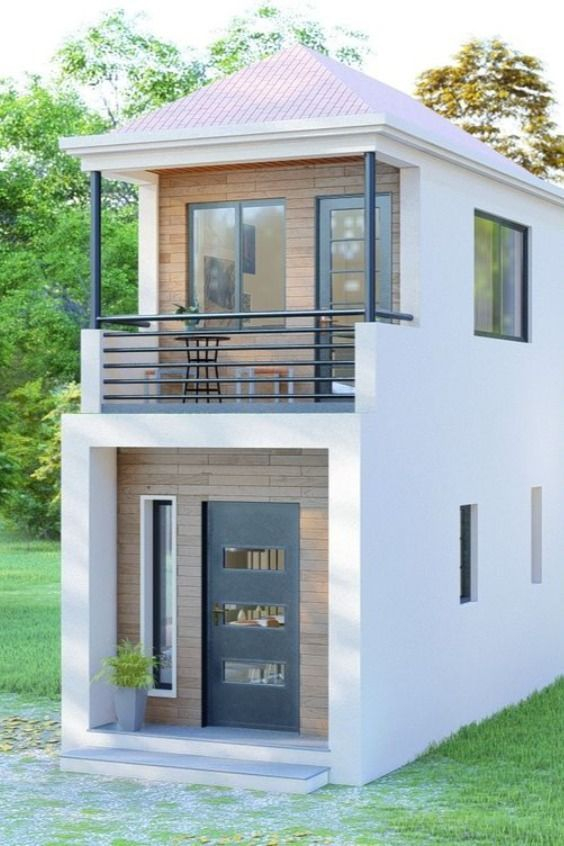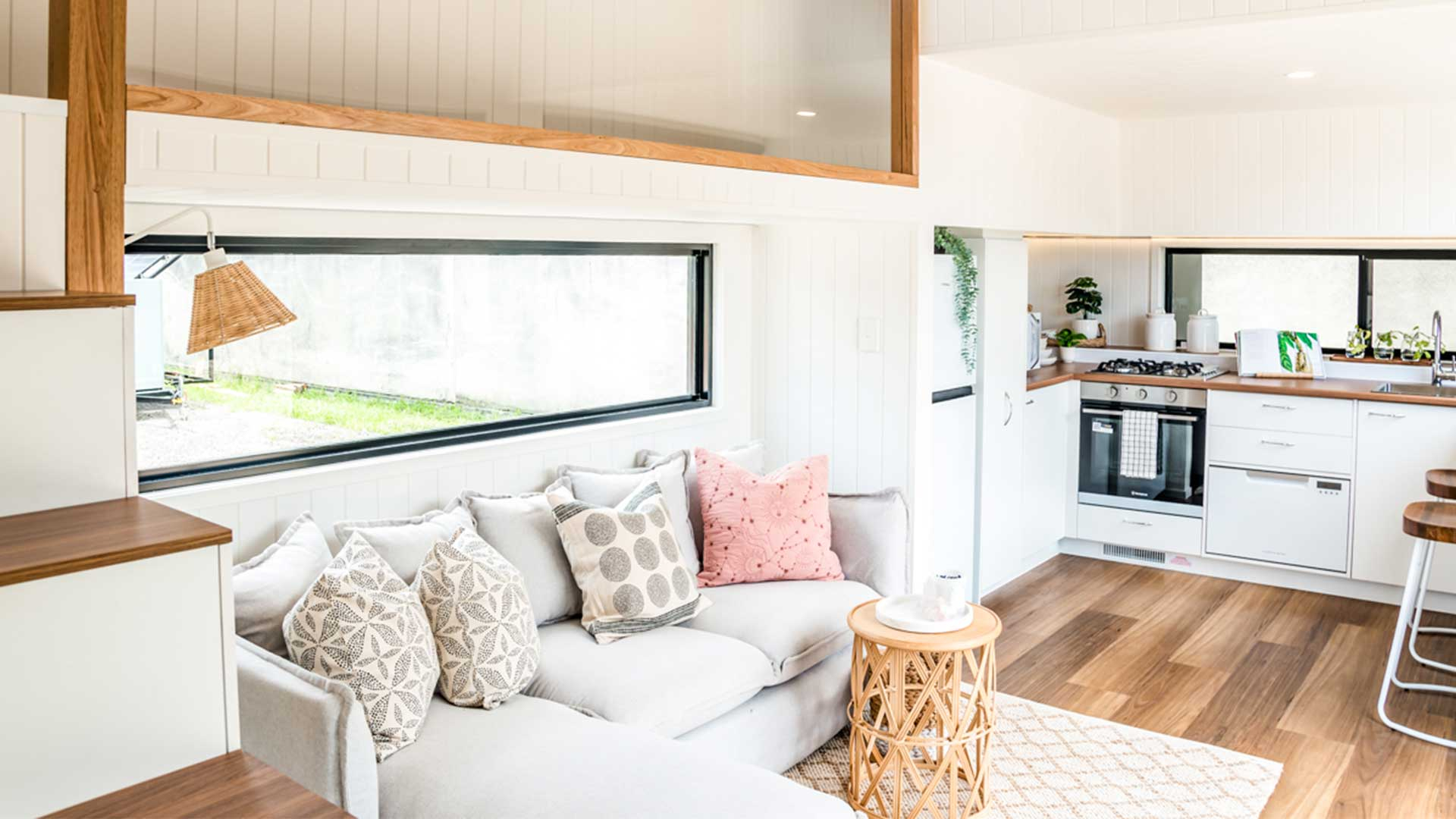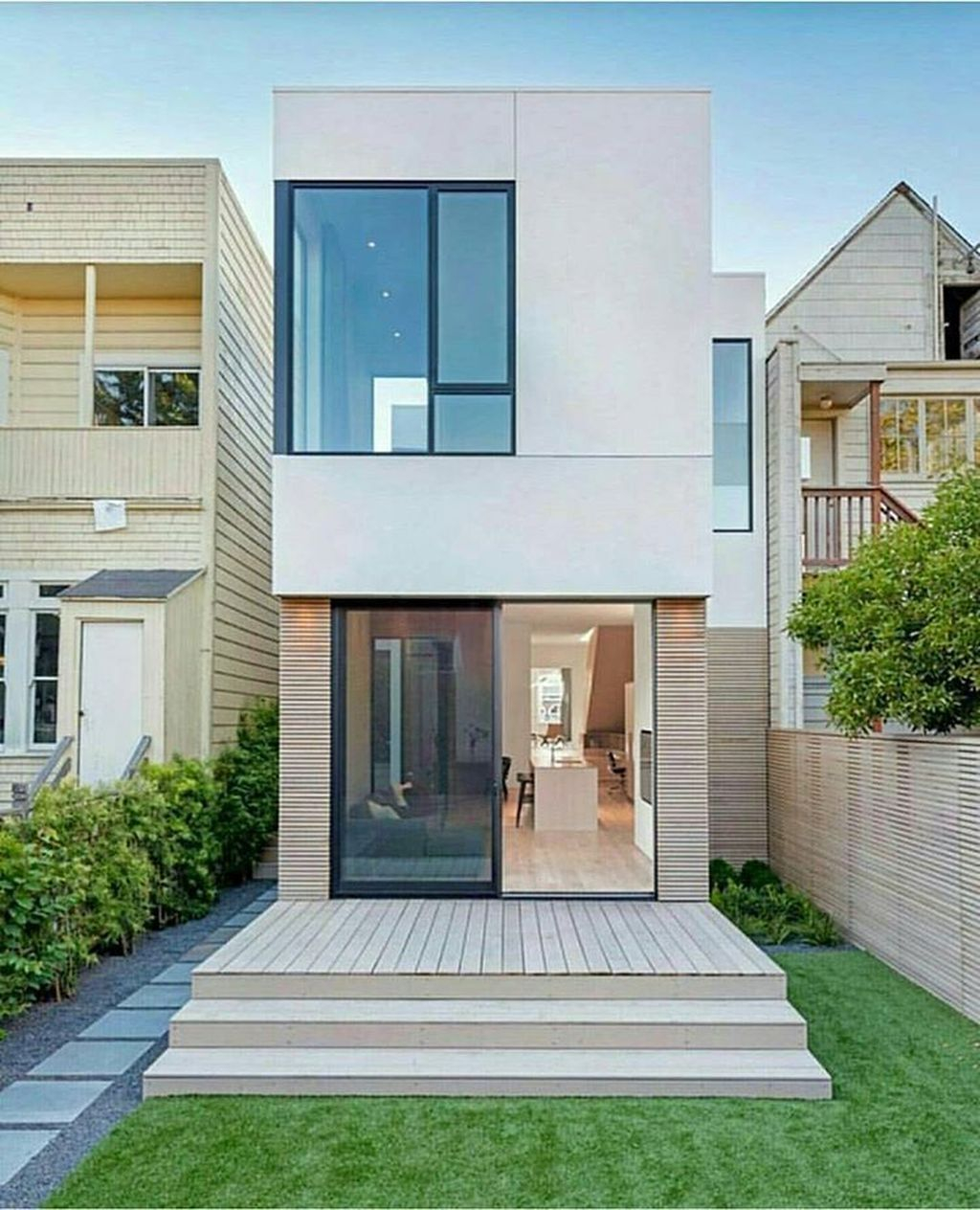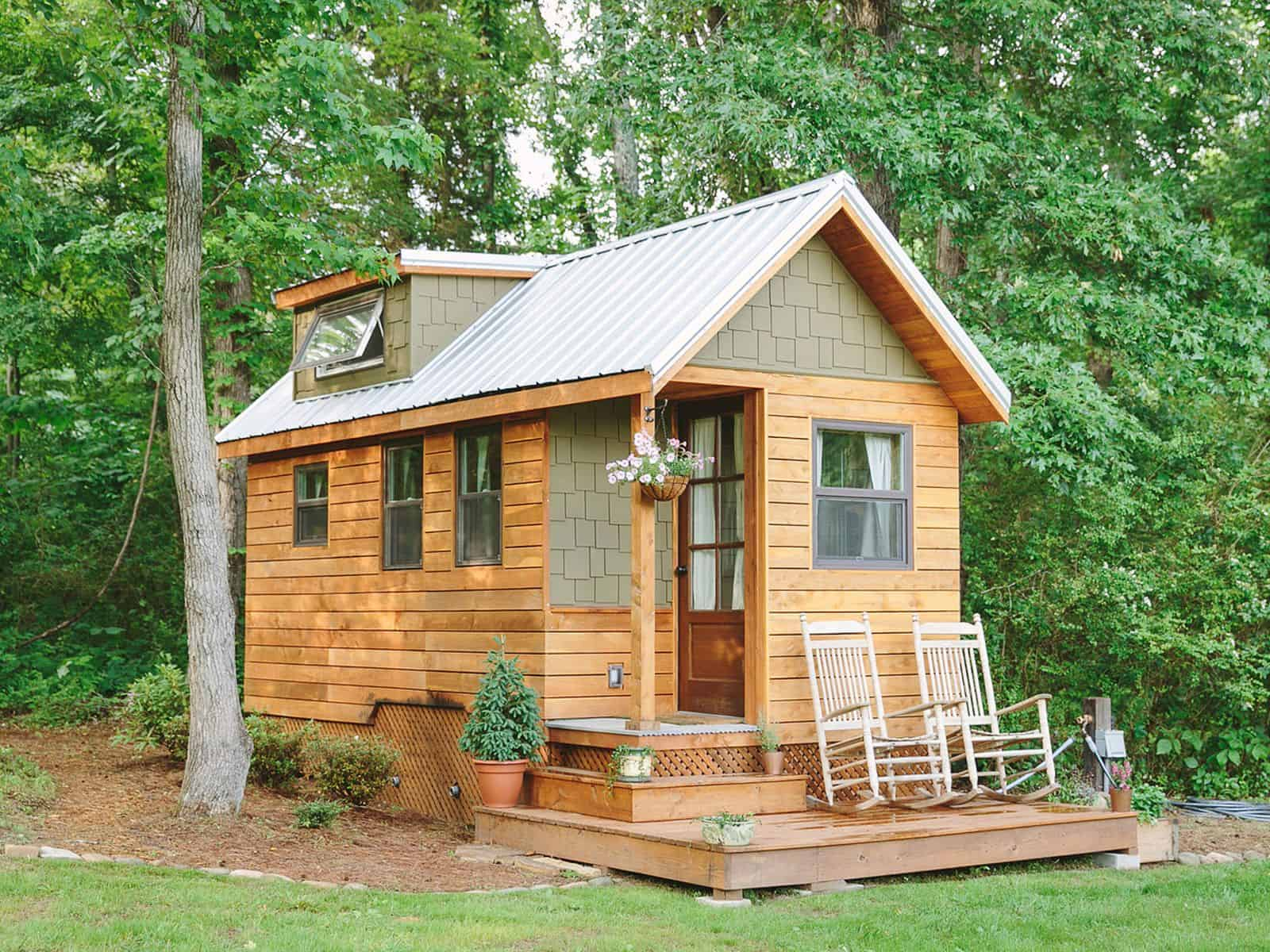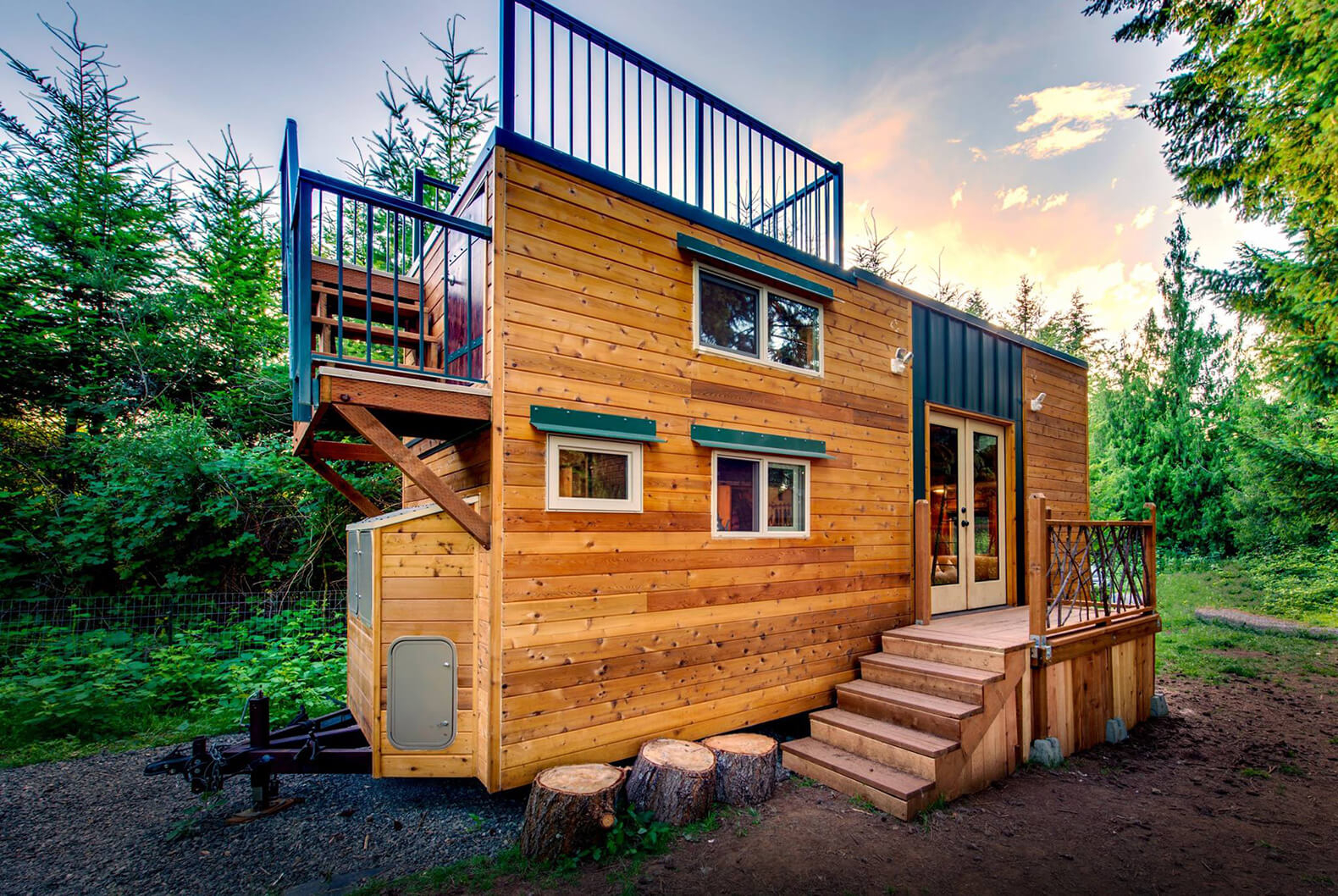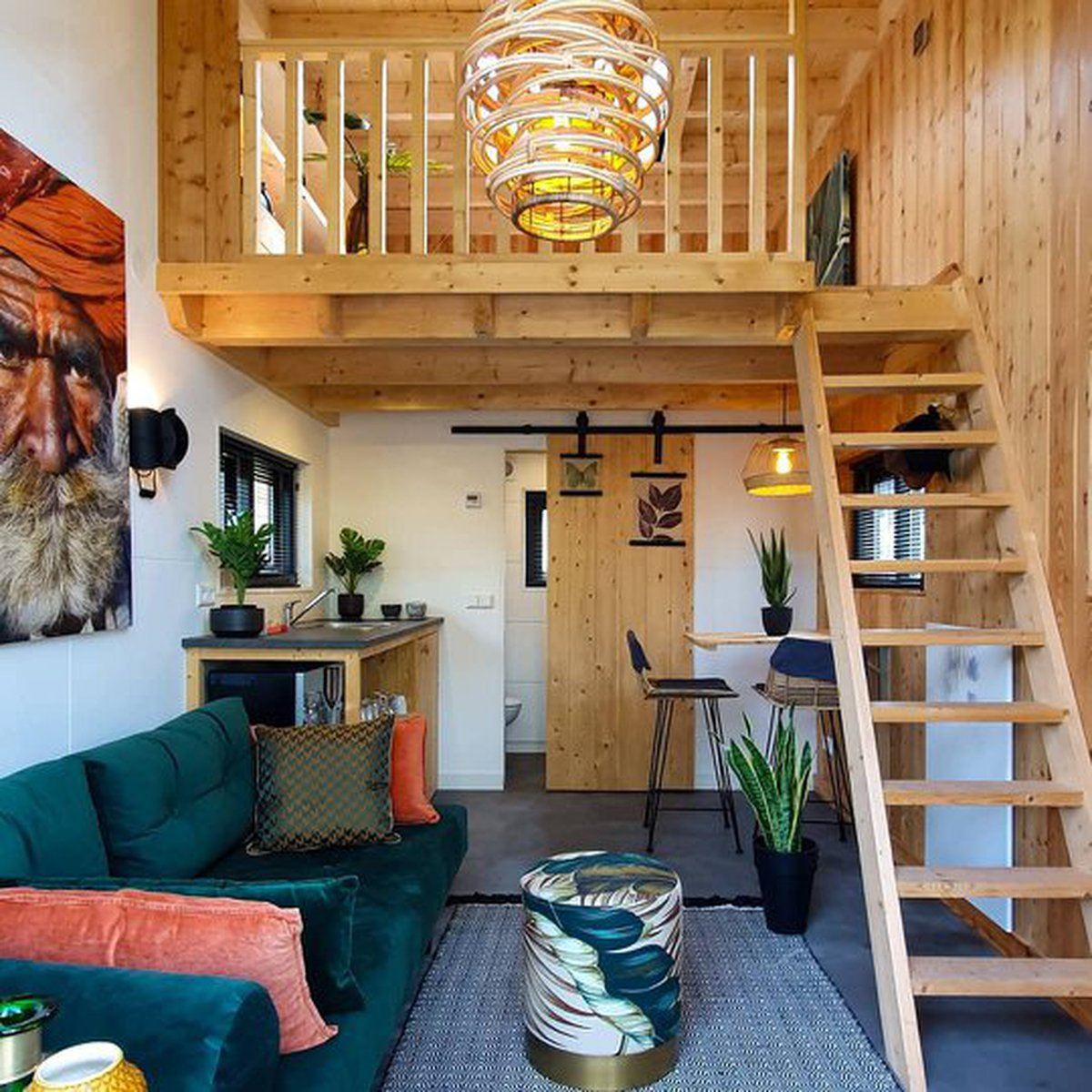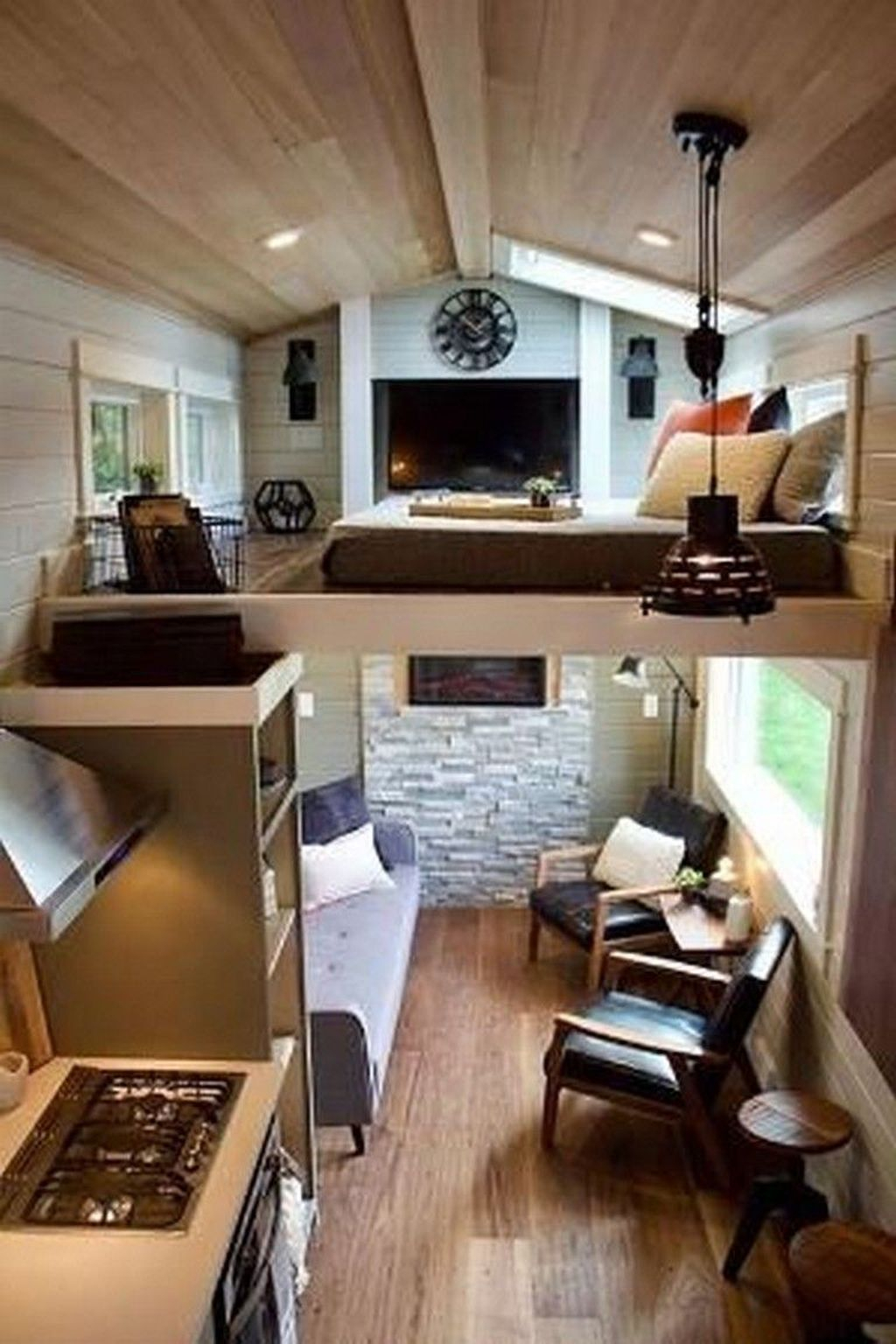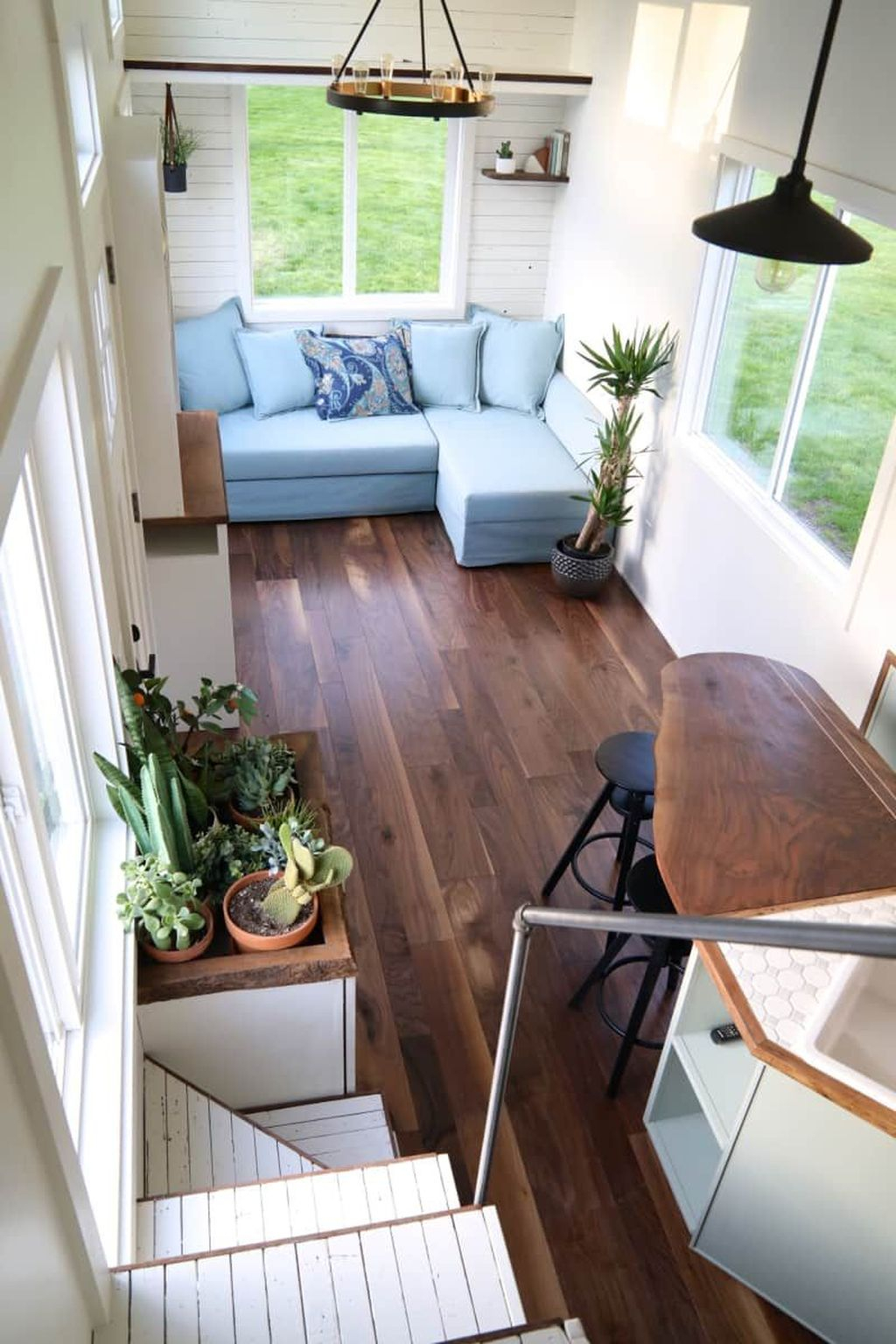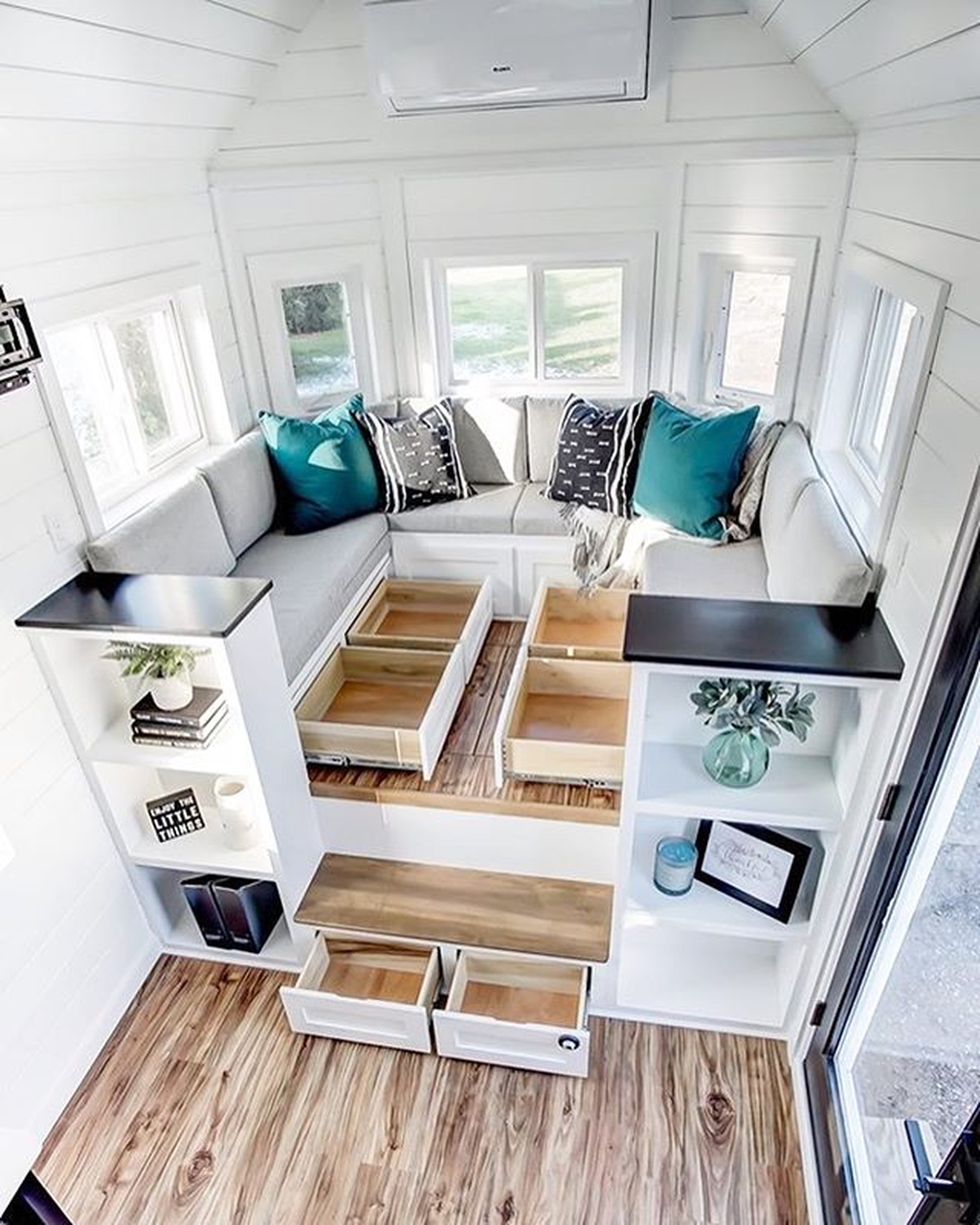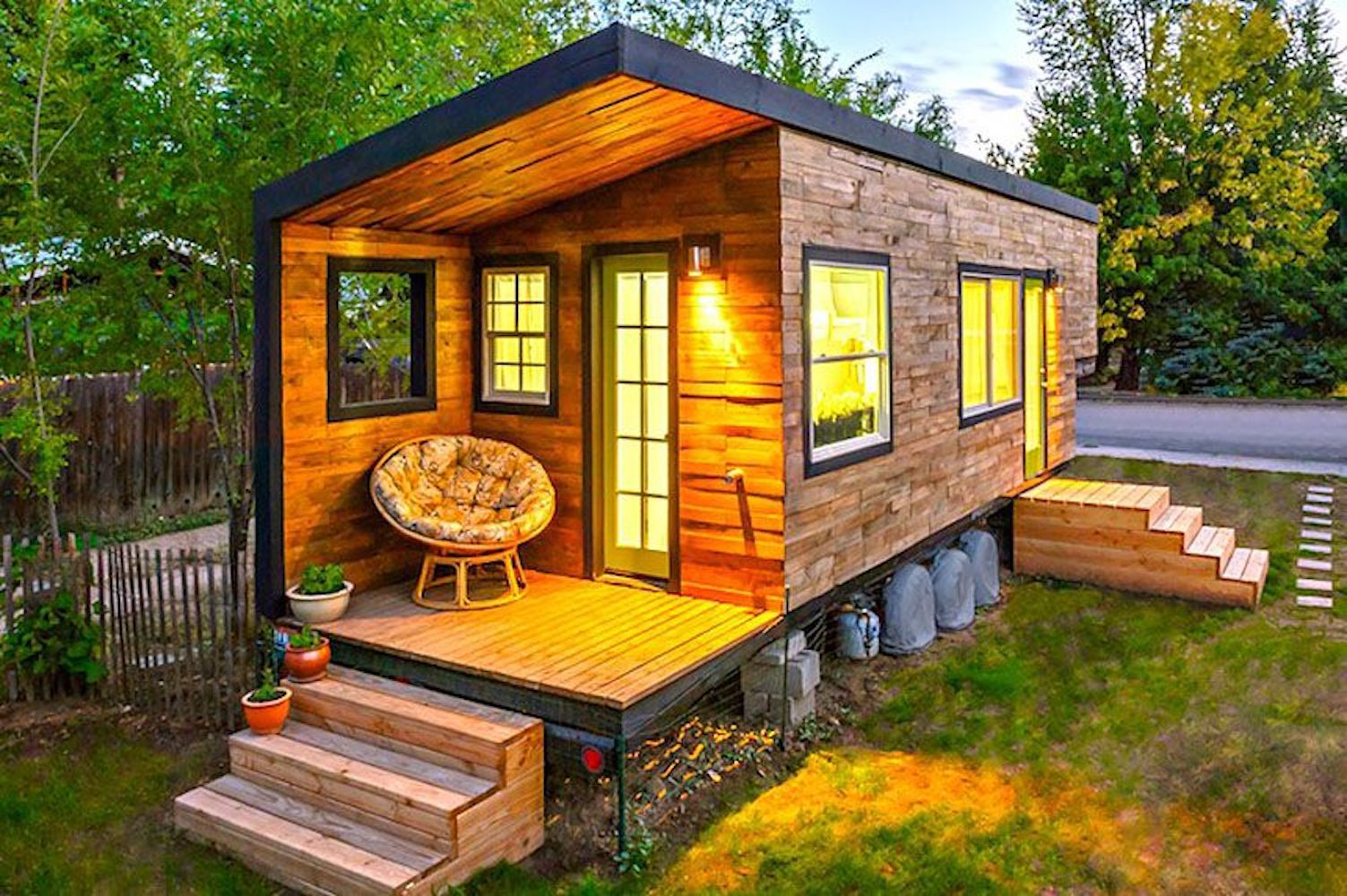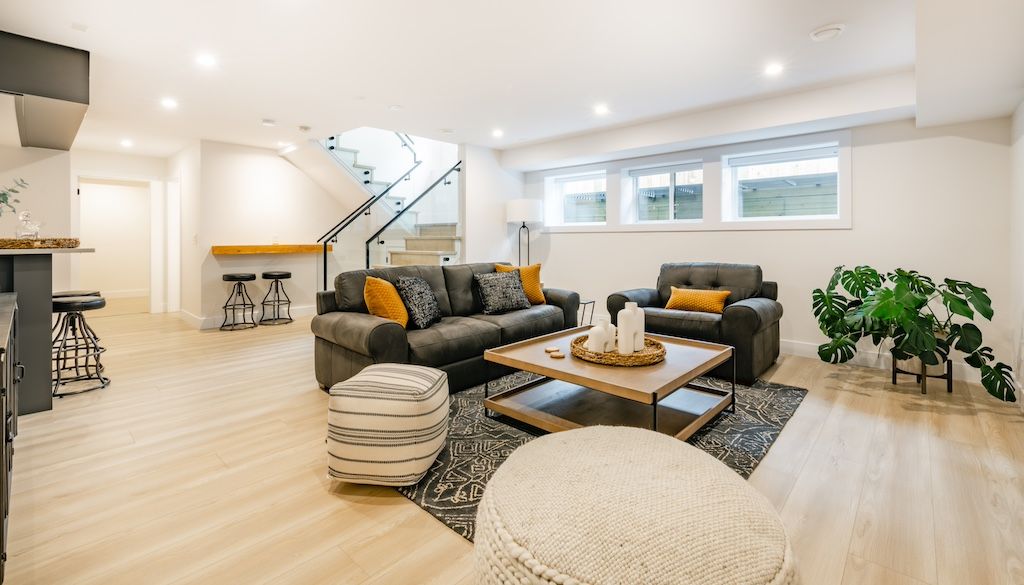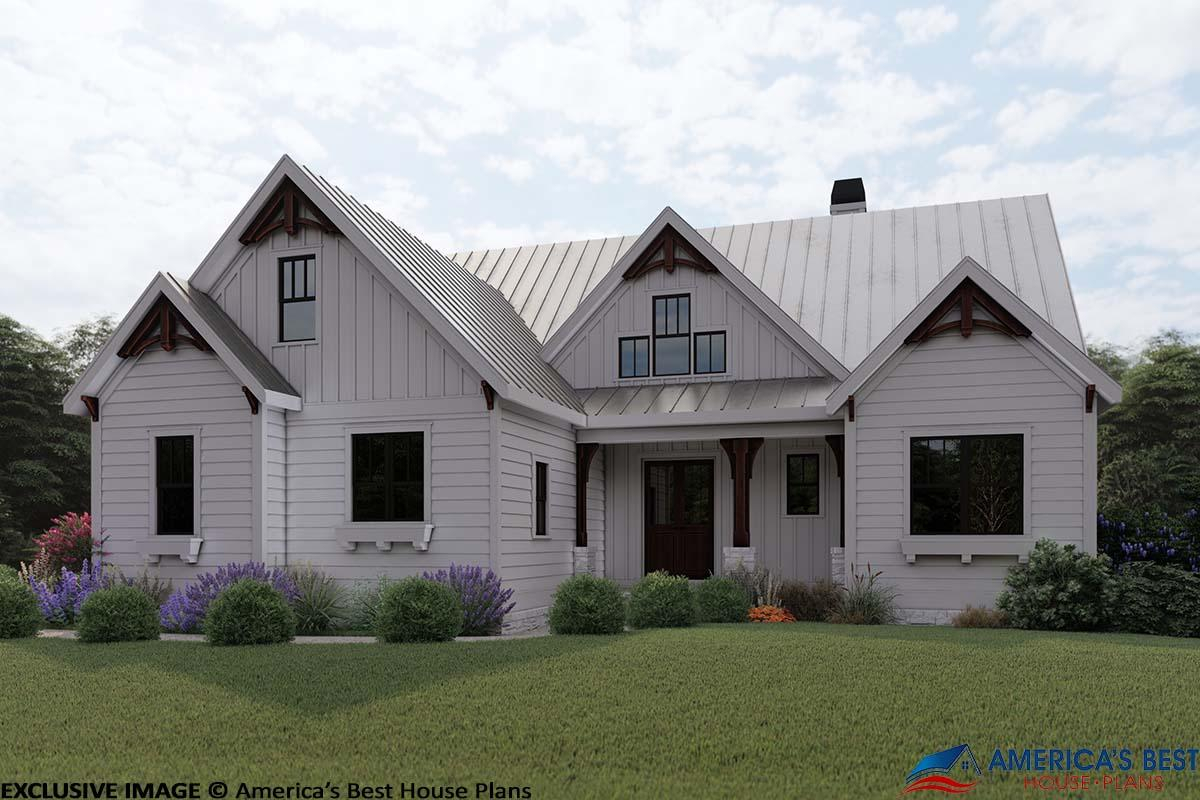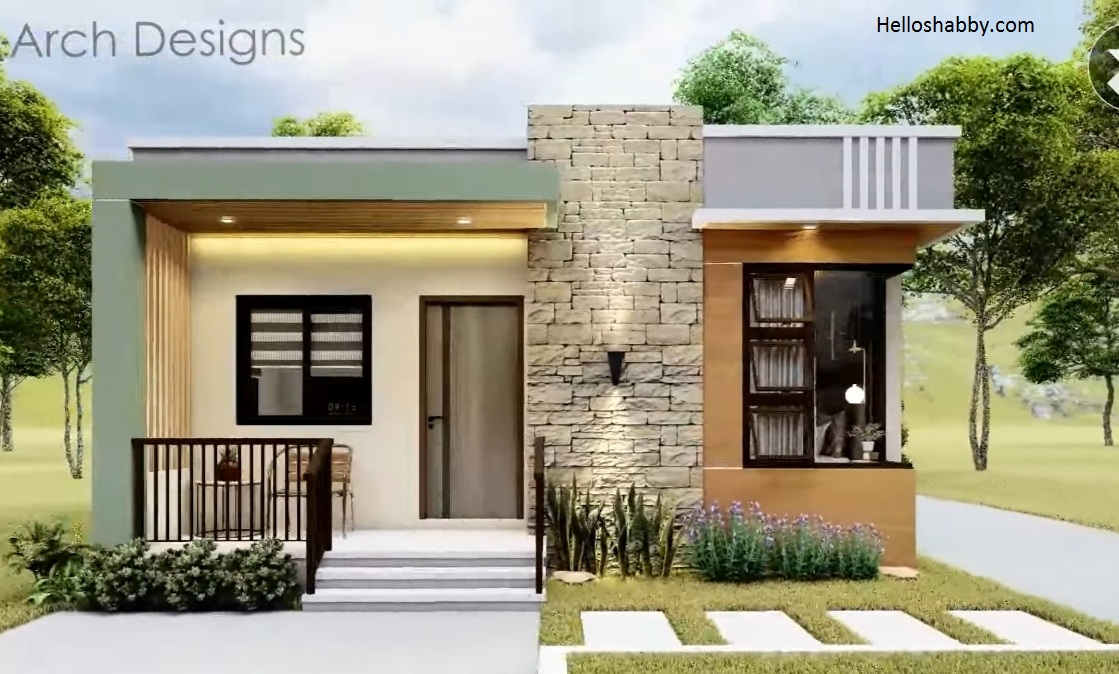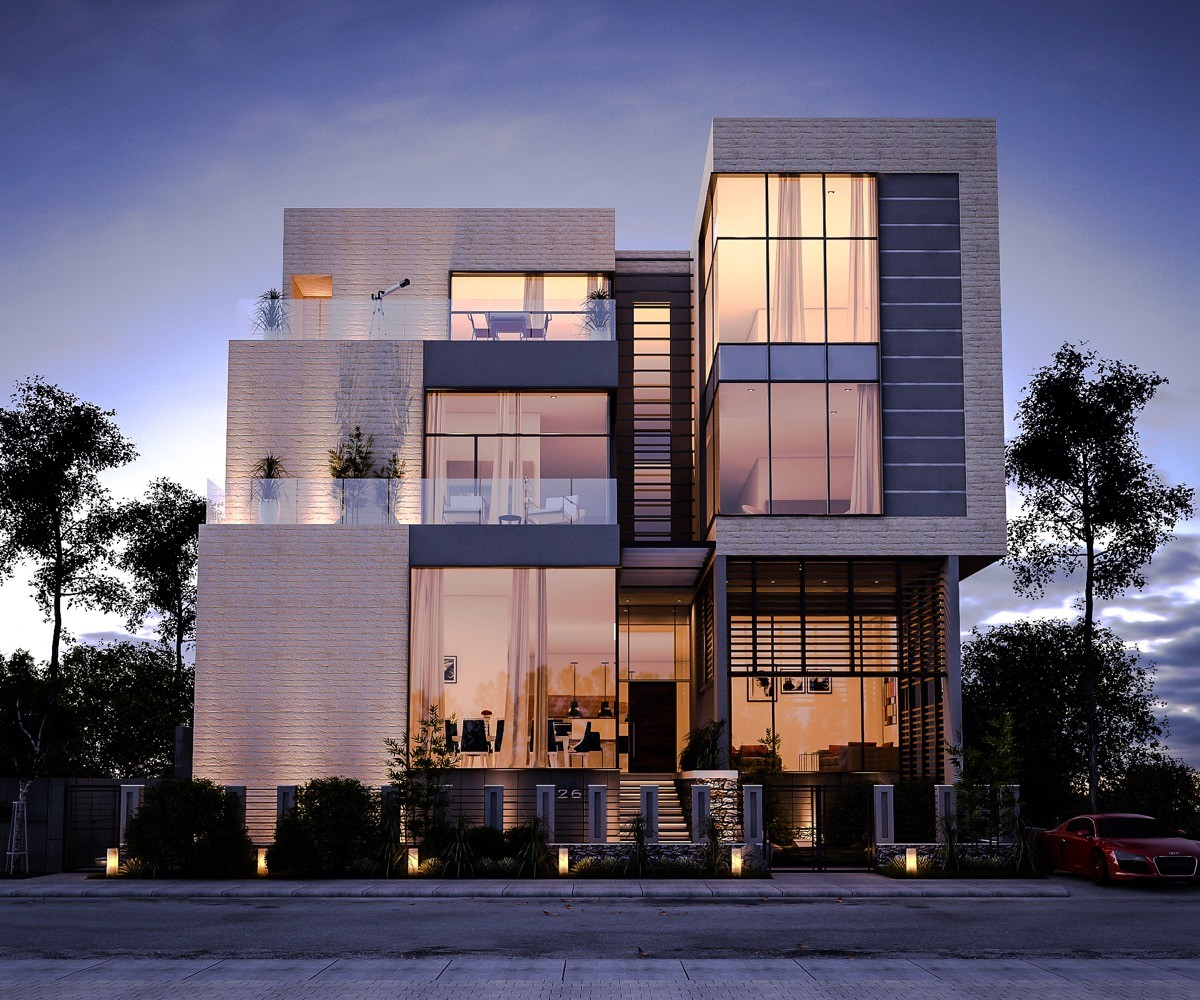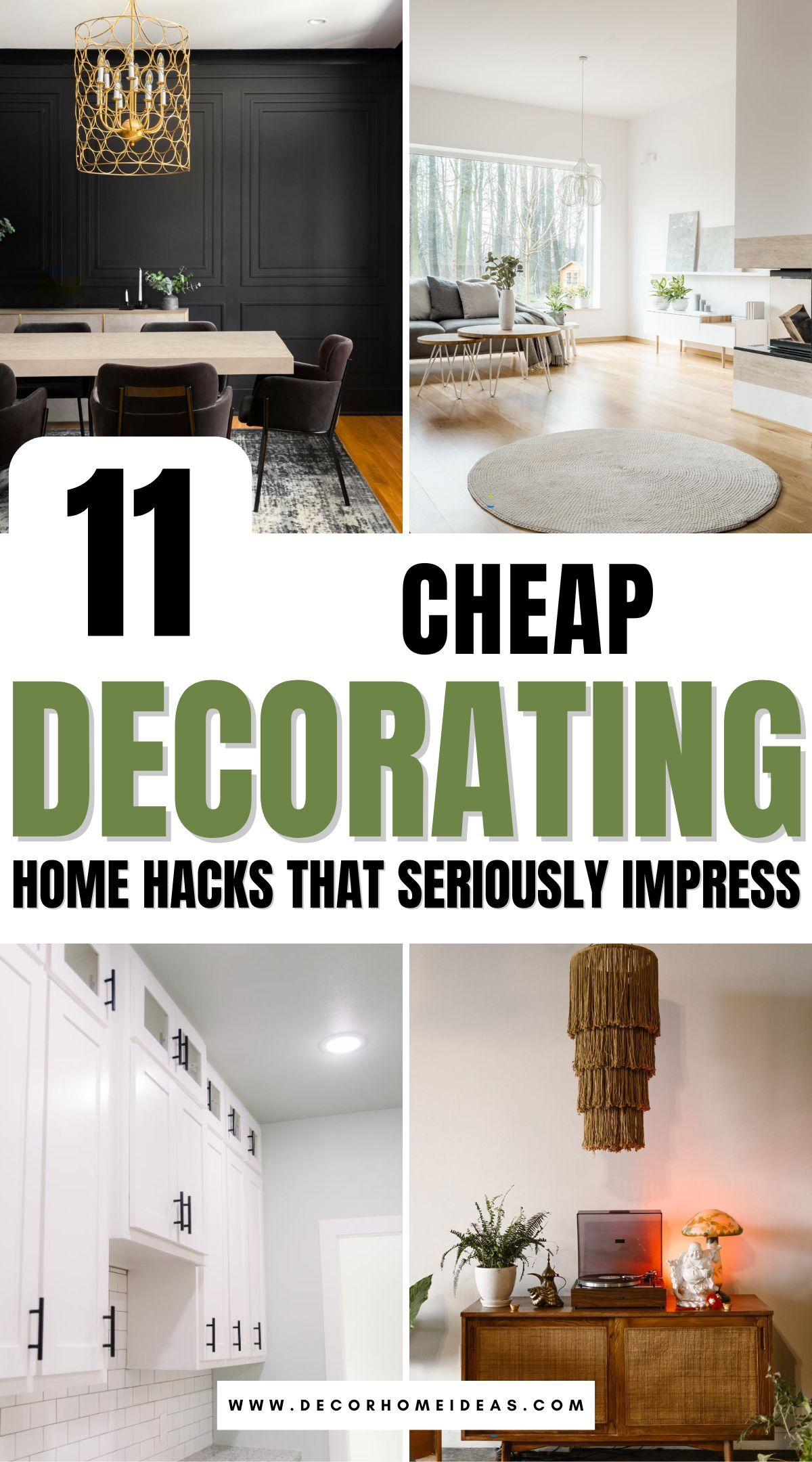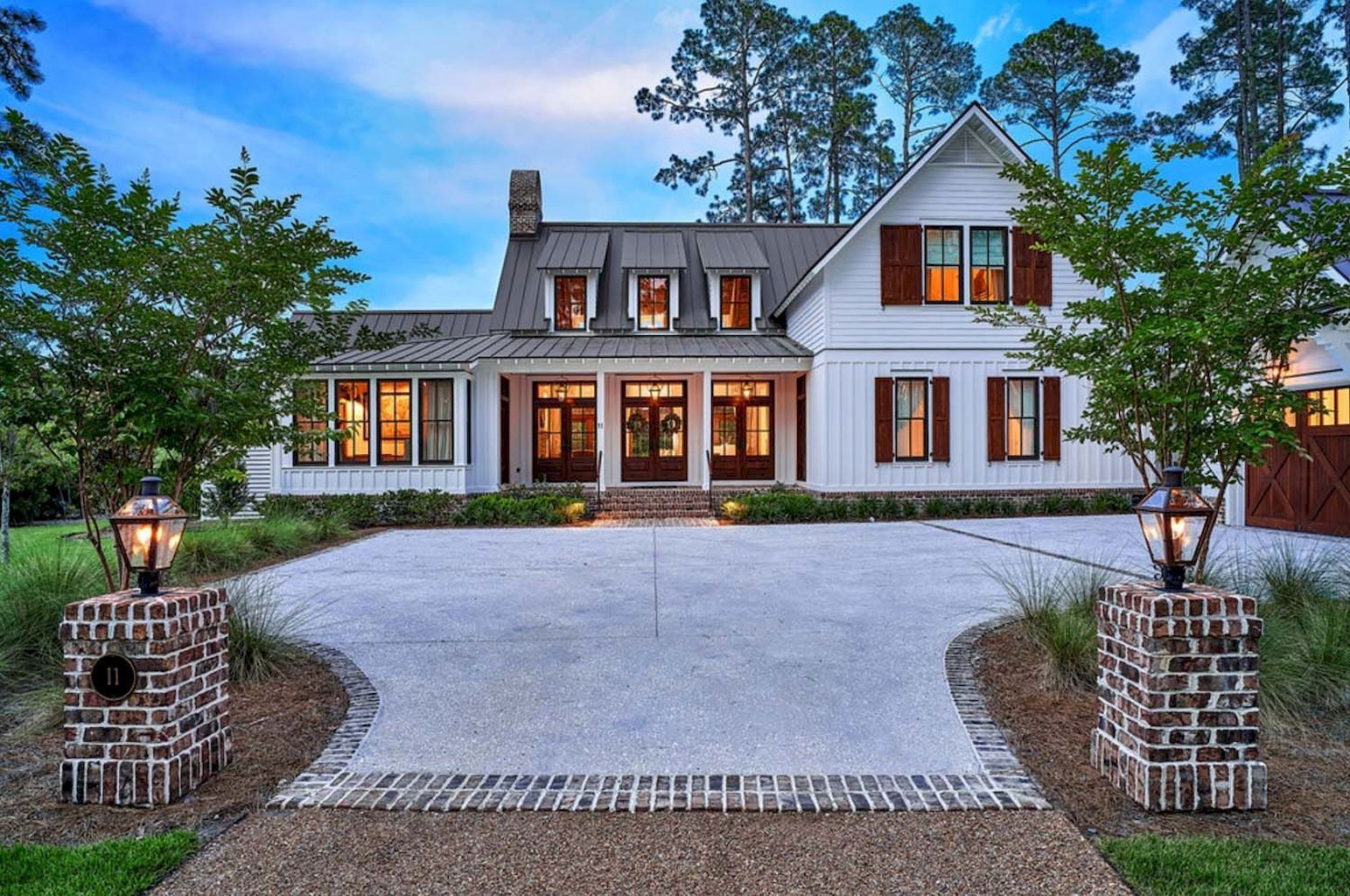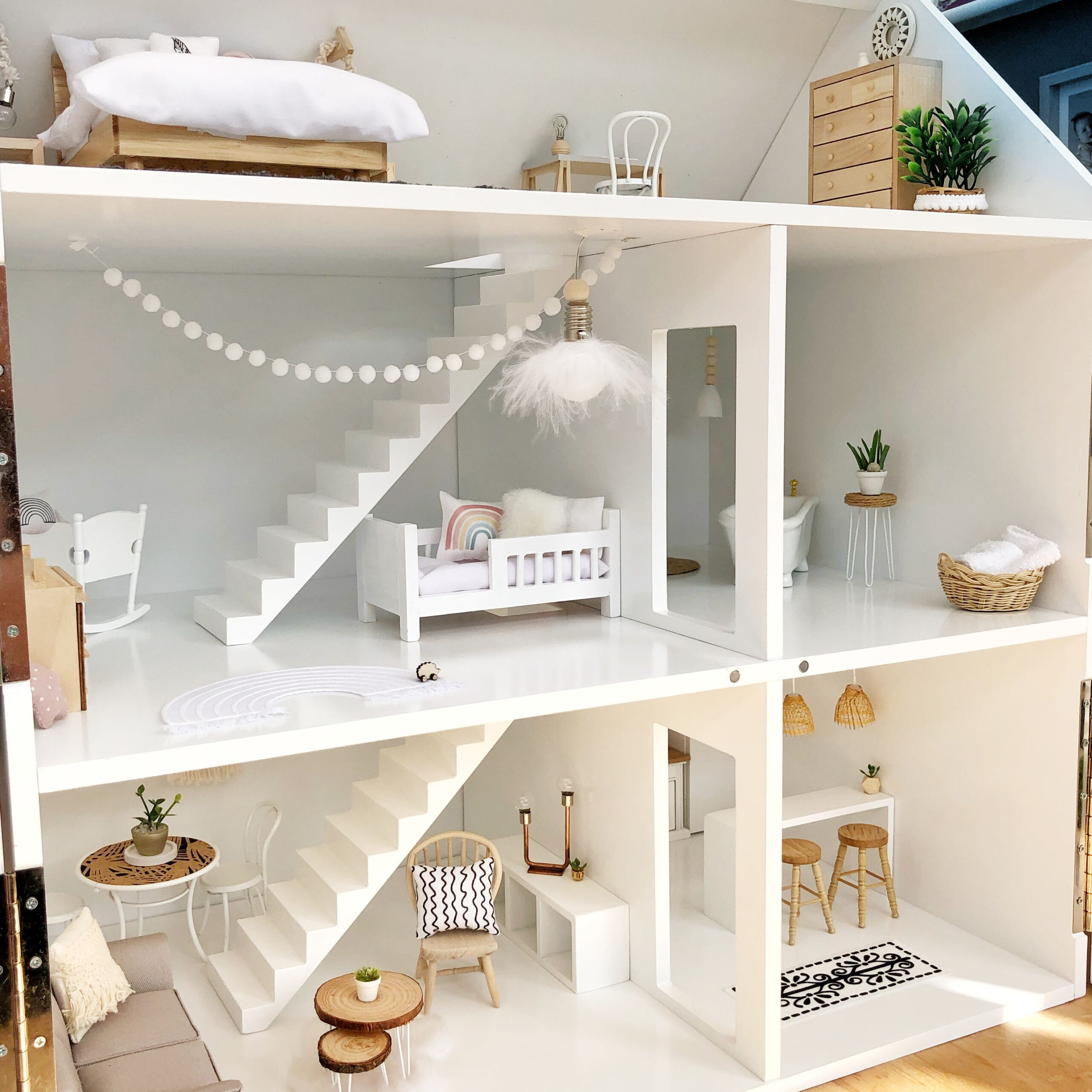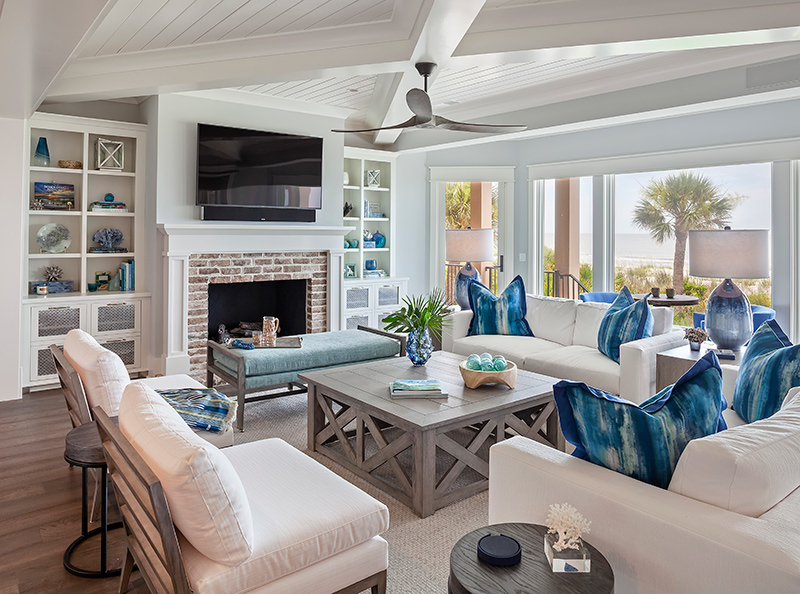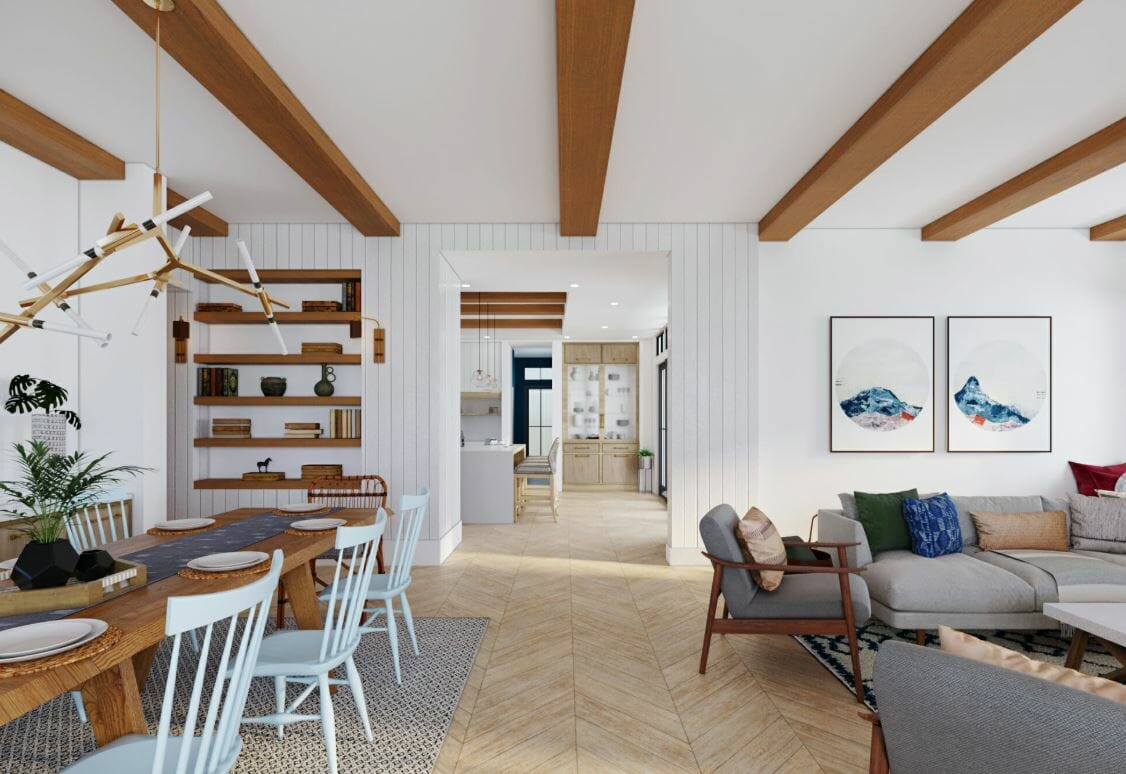Living small doesn’t mean living without style or comfort. In fact, it often pushes us to be more creative, intentional, and resourceful with our surroundings. Let’s dive into some truly inspiring ideas that prove even the tiniest homes can be big on charm and utility.
There’s a growing appreciation for smaller living spaces. Whether it’s a tiny house, a studio apartment, or even just a particularly cozy room, the challenge of designing within limited square footage can be incredibly rewarding. It’s about making every inch count, transforming perceived limitations into opportunities for clever design and a more intentional lifestyle. We’re going to explore some brilliant ways to make little homes feel spacious, functional, and utterly delightful. Forget feeling cramped; think inspired and efficient!
Embrace Multi-Functional Furniture
This is probably the golden rule of small-space living. Why have a sofa when you can have a sofa that also converts into a bed, with built-in storage? Think ottomans that open up, coffee tables that lift to become dining surfaces, and beds that fold away into walls. These pieces aren’t just furniture; they’re space-saving superheroes. For instance, a murphy bed can free up an entire room during the day, turning a bedroom into a living area or office. Even simple things like nesting tables can be a lifesaver when you need extra surface area but want to keep things tidy. It’s all about items that can do double, or even triple, duty. Imagine a bench that doubles as a planter and storage – possibilities are endless.
Vertical Space is Your Best Friend
When you can’t spread out horizontally, you’ve got to go up. Think vertically! Tall, slender shelving units can provide ample storage without hogging floor space. Wall-mounted shelves are fantastic for books, decor, and even plants, drawing the eye upward and creating a sense of height. Consider loft beds, which create distinct zones for sleeping and living or working underneath. Even kitchen cabinets that reach the ceiling can significantly boost storage capacity. Don’t forget about wall-mounted organizers, pegboards, and hooks – they’re brilliant for decluttering and keeping essentials within reach. It’s about using every available vertical plane.
Clever Storage Solutions: Hide it All!
The secret to a clutter-free small home is smart storage. Built-in cabinetry can seamlessly integrate into walls, offering a clean look and maximizing space. Under-bed storage drawers are a classic for a reason. Think about utilizing the space above doorways for shelves or cabinets. Even the backs of doors can be fitted with organizers for shoes, cleaning supplies, or toiletries. Built-in niches, often found in older homes, can be transformed into charming display areas or tucked-away storage spots with the addition of a simple shelf or a cabinet door. The key is to make storage as unobtrusive and integrated as possible. Sometimes, a well-placed basket or a decorative box can be just as effective and add to the aesthetic.
Light and Bright: The Illusion of Space
Color and light play a massive role in how spacious a room feels. Lighter paint colors on walls and ceilings can make a room feel more open and airy. Whites, creams, pastels, and light grays are your best allies. Mirrors are also incredibly effective at reflecting light and creating the illusion of depth. Placing a large mirror opposite a window can double the perceived size of the room. Good lighting is also crucial. Maximize natural light by keeping window treatments simple and sheer. Supplement with well-placed artificial lighting, like floor lamps and wall sconces, to eliminate dark corners. A well-lit room always feels larger and more welcoming.
Defining Zones Without Walls
Even in a studio apartment, you’ll want to create distinct areas for living, sleeping, and working. You don’t need physical walls to do this. Rugs are fantastic for visually separating areas – a rug under your sofa defines the living room, while another under your bed marks the sleeping zone. Furniture placement can also help. A bookshelf or a strategically placed screen can act as a subtle divider. Even a change in lighting can signal a different zone. Think about how you can use these subtle cues to give your small space a sense of order and purpose. For example, a small desk area can be defined by a desk lamp and a pinboard, separating it from the main living space.
Personal Touches and Smart Layouts
Don’t forget that your small home should reflect your personality. Choose pieces you love, even if they’re compact. A statement piece of art or a vibrant rug can add personality without overwhelming the space. When planning your layout, think about flow. How will you move through the space? Avoid blocking pathways with furniture. Consider the scale of your furniture too – oversized pieces will make a small room feel even smaller. Sometimes, a few well-chosen, appropriately sized items are far better than many small, cluttered ones. It’s about creating a cohesive and comfortable environment that feels like you, just in a cozier package.
Designing for small homes is an art form, and as we’ve seen, it’s full of inspiring possibilities. By embracing multi-functional furniture, utilizing vertical space, implementing clever storage, playing with light and color, defining zones, and adding your personal touch, you can transform any compact dwelling into a stylish, functional, and incredibly comfortable haven. It’s a testament to the idea that with a bit of ingenuity and a focus on smart design, you can truly live large, no matter the square footage. So go ahead, get creative and make your little home a big success.

